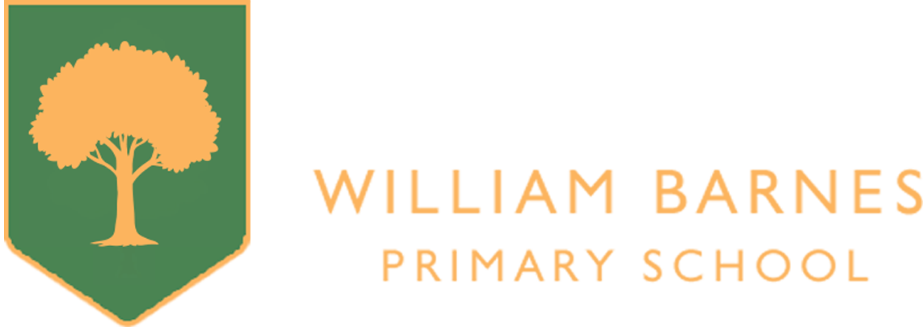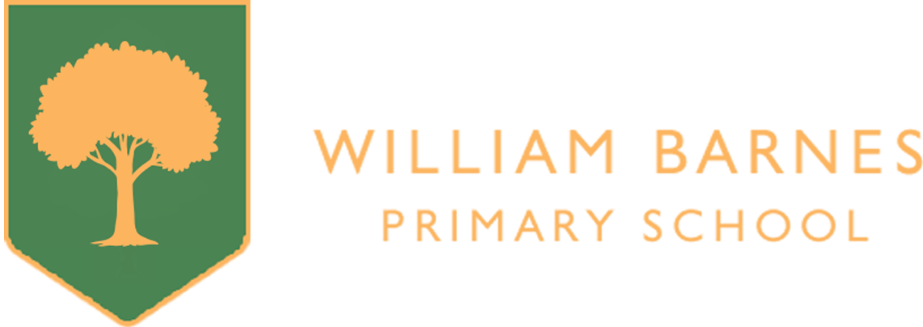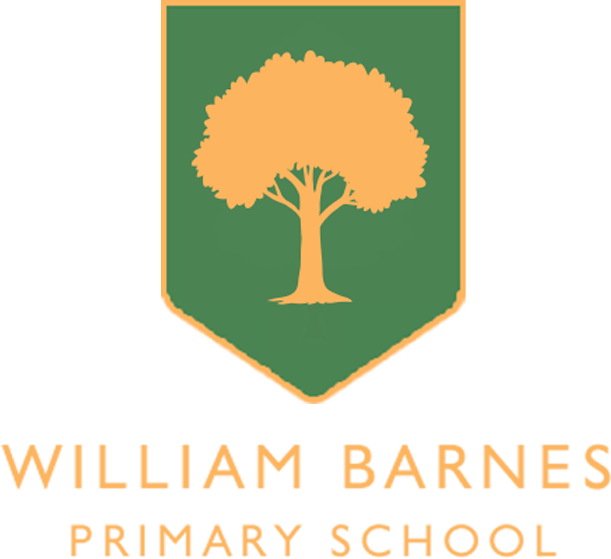
William Barnes ‘WE PROJECT’ Supporting Charities
William Barnes ‘WE PROJECT’ Supporting Charities Supporting worthy causes and charities is part and parcel of the wider curriculum at all primary schools and this is no exception at William Barnes. Throughout the year, the children take part in non uniform days, cake sales, elderflower cordial stalls and national events to support various charities including Water Aid, Comic Relief, Children in Need and the Malala Fund.
This strand of the school’s work sits well with school’s ‘We Project’. What is the ‘We’ Project? The ‘We’ Project is an idea that has gradually been taking hold in a variety of primary schools across the country over the last couple of years. The ‘We’ Project proposes that in a world with many challenges individual actions if increased to sufficient scale and size, can still create a force for positive change that cannot be resisted. The intention is to empower the children to see that their own individual actions are significant and can have an impact. Each school participating in the project contributes to this force for change by participating in one hundred activities that can make a difference to the lives of others. These actions can involve supporting charities, writing pen-pal letters, learning about the lives of children in other parts of the World and supporting our own local communities through donations and fund-raising. In our main corridor, Mr Field has created a display that includes a jigsaw puzzle with one hundred pieces. Each time an activity or event takes place at the school that involves our school community reaching out to support and connect with others living beyond the school’s gates, we will add this to the display until the whole puzzle is complete. All the children will be able to see for themselves, in one strikingly visual image of a completed jigsaw, how their unique efforts have made a difference.
If one hundred schools take part, that will produce ten thousand positive contributions; if one thousand schools take part, then the total would reach one hundred thousand positive actions; ten thousand schools would create an astonishing one million positive collective actions. The vision of this project is to inspire a whole generation of primary school children to see that they are not powerless, but by working together with like-minded others, who share their values and have a desire to create a fairer and more equal world, they can make a difference to the future of their communities and the planet as a whole. (RH)







